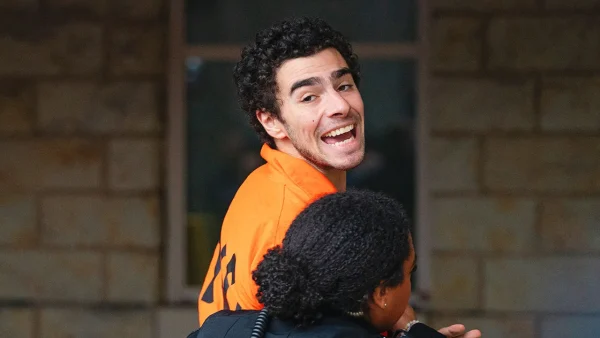Do Games Belong in the Classroom?
Video Games aren’t just a way to pass time. They require the use of critical thinking skills such as cooperation, problem solving, multitasking and many more. When playing a video game, the player has to think about how they interact with the environment, and must consider the consequences of their actions. According to research, video games increase socio-emotional development and allow players to grasp complex academic ideas.
“Around a billion and a half people all play video games of some sort. That’s more than 20% of the world’s population. Video games have become a part of life.” – Jordan Shapiro (PhD is a world-renowned thought-leader on global policy, education, game-based learning)
Video games are not only just a leisure, they are a way of storytelling and representation. This is a new generation and we can’t always rely on the old ways of teaching using books and analyzing text.
“Both the Kleinians and the Jungian fill their consultation rooms with toy menageries and mandalas and sandboxes. They’ve always known that games and play strengthen meta-cognitive functions. They’ve always known that along with the guidance of a mentor–a great teacher–games and play can help individuals learn to recognize their own context.” says Shapiro.
“While teachers must be intentional with the use of screen time, if an educator has done the legwork to create a structure and context for students to play video games, they can provide powerful experiences that foster empathy and socio-emotional development while helping students grapple with complex academic concepts.” – Jenny Windom
Not only do games increase many skills they are given a world where they explore and learn from their experiences through their journey. However not all games teach valuable lessons, which is why teachers need to explore the idea. Video games can not always be applied to a subject, but when they are properly used they can be an extremely effective tool.
Examples of Games
Elegy for a Dead World – Players are assigned to visit different alien planets and are told to make a story from it the game is inspired by poets such as Byron, Keats, and Shelley.
Valiant Hearts – Valiant Hearts is a game where builds empathy, contextualizes and humanizes World War I it gives the player a thought provoking critique of war itself.
Enercities – Enercities is a simulation game that puts you in a sandbox to build a city to see how it is to balance all aspects like economy, ecology, population growth, and the quality of life. Teachers can give certain conditions to allow the students to see these changes.
Call to Action
Video Games are becoming more advanced and affordable. Teachers should take time to see if video games can be implemented into their class room. Video games are not just a form of entertainment. They give real world benefits and skills. As a teacher ask students to reflect on how these games make them feel. Push students to question why games are made the way they are.
https://www.washingtonpost.com/posteverything/wp/2014/11/11/playing-video-games-is-good-for-your-brain/?noredirect=on&utm_term=.45684caf23ec
https://www.sciencenewsforstudents.org/article/what-video-games-can-teach-us







